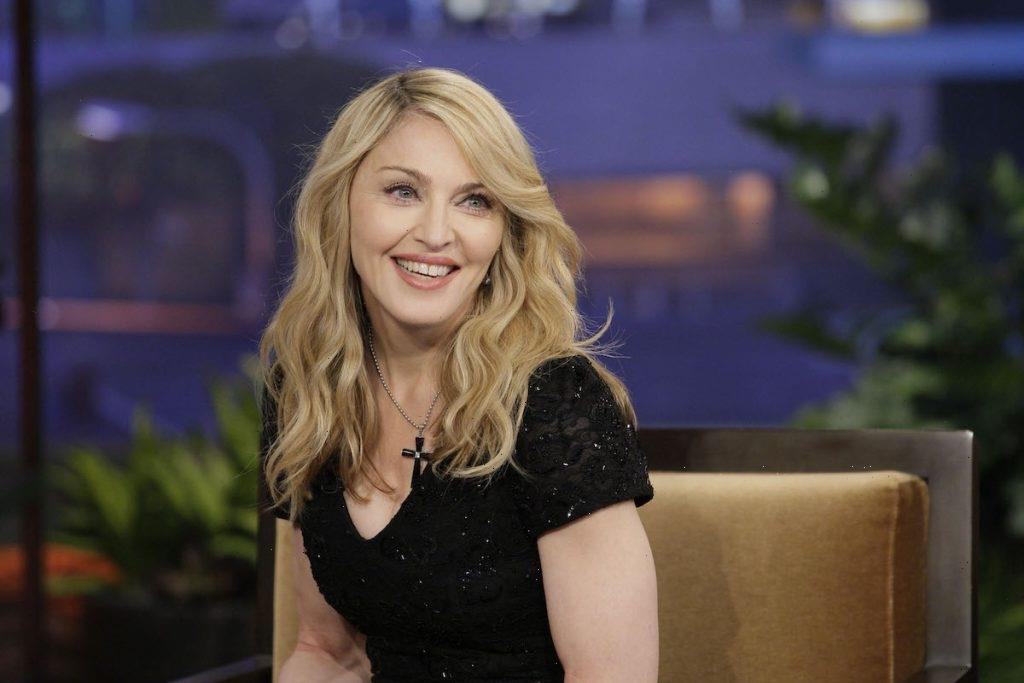Fox News Flash top headlines for September 23
Fox News Flash top headlines are here. Check out what’s clicking on Foxnews.com.
A woman who challenged the United Kingdom’s abortion law that allows parents to terminate pregnancies where there is a severe fetal abnormality up to birth has lost her case.
Speaking to Sky News before the ruling, Heidi Crowter said if she lost in the high court she would appeal the decision and continue to demand an end to “downright discriminatory” abortion laws.
Crowter, who married last year, said: “I don’t like to have to justify my existence; it makes me feel like I’m not as valuable as anyone else. It makes me feel like I shouldn’t be here.”
Abortions can take place in the first 24 weeks of pregnancy in England, Scotland and Wales. They must be approved by two doctors, who agree that having the baby would pose a greater risk to the physical or mental health of the woman than a termination.
After 24 weeks, a woman can have an abortion if she is at risk of grave physical and mental injury, or if the fetus has a disability, including Down syndrome.
At the outset of the judgment by two senior judges, they wrote: “The issues which have given rise to this claim are highly sensitive and sometimes controversial.
“They generate strong feelings, on all sides of the debate, including sincere differences of view about ethical and religious matters.
“This court cannot enter into those controversies; it must decide the case only in accordance with the law.”
Crowter said she was left “really upset” by the judgment but added: “I will keep on fighting.”
Speaking alongside her husband James Carter, she said: “I’m really upset not to win, but the fight is not over.
“The judges might not think it discriminates against me, the government might not think it discriminates against me, but I’m telling you that I do feel discriminated against and the verdict doesn’t change how I and thousands in the Down syndrome community feel.
“We face discrimination every day in schools, in the workplace and in society. Thanks to the verdict, the judges have upheld discrimination in the womb too.
“This is a very sad day but I will keep on fighting.”
The joint legal action was also brought by Maire Lea-Wilson, the mother of a baby with Down syndrome.
Lea-Wilson said: “I am a mother, and I love and value my two boys equally.
“Today’s High Court judgment effectively says that my two sons are not viewed as equals in the eyes of the law and I am incredibly sad and disappointed that the court has chosen not to recognise the value and worth of people with Down syndrome, like my son Aidan.
“People with Down syndrome face discrimination in all aspects of life, with the COVID pandemic really shining a light on the dangerous and deadly consequences this can have.
“This ruling condones discrimination, by cementing the belief in society that their lives are not as valuable as the lives of people without disabilities.”
However, the British Pregnancy Advisory Service (BPAS) said women must have the right to “make difficult decisions in heart-breaking situations”.
Chief executive of BPAS, Clare Murphy, said a change in the law would “force women to continue pregnancies with multiple anomalies to term and give birth where the chances of survival are unclear or unknown”.
She said the distinction between a fatal and non-fatal fetal abnormality is “not a clear white line” and women should be able to make difficult decisions in the “context of significant medical complexities.”
Murphy said the current law gives women time to understand the implications of a diagnosis, and not feel rushed into a decision.
“Conditions which are diagnosed later in pregnancy can be incredibly complex and very difficult for women and their partners,” she said. “Women are the ones who are best placed in these circumstances to work out what is right for them in the context of their own lives.”
She said a women’s right to terminate a pregnancy “must be seen as separate” to a society that promotes equal rights for people with disabilities.
Click here to read more on Sky News.
Source: Read Full Article



